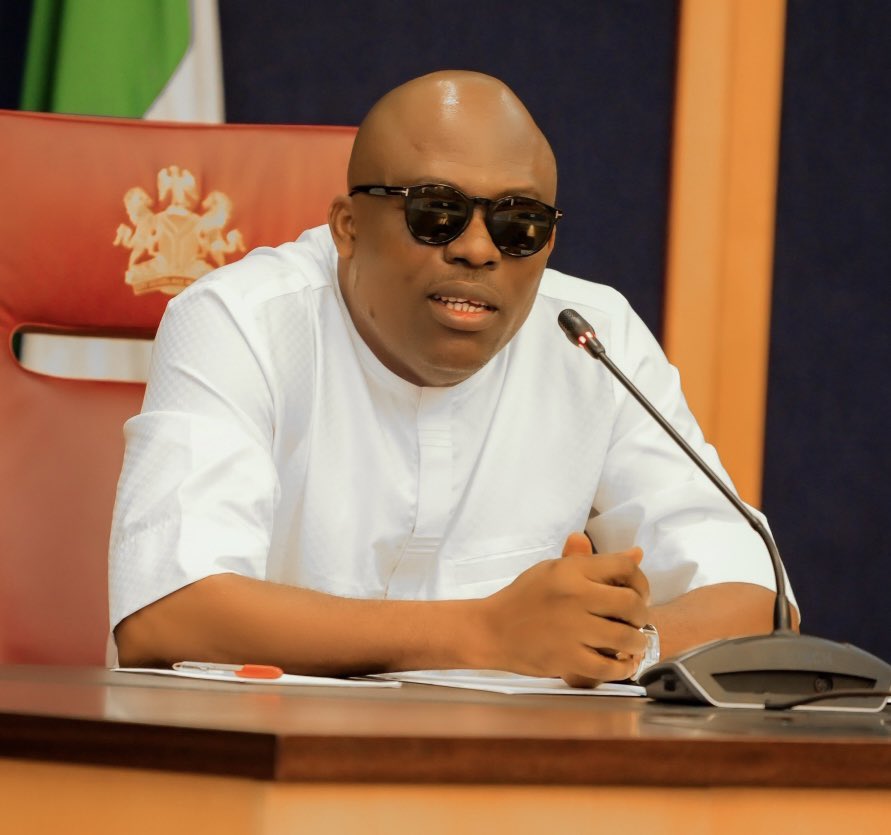In Rivers State, a member of the All Progressives Congress (APC), Sir Joe Korka-Waadah, has announced ongoing efforts to position Governor Siminalayi Fubara as the consensus candidate for re-election in the 2027 gubernatorial race. Korka-Waadah highlighted concerns regarding former Governor Nyesom Wike’s conduct towards Fubara, revealing that these issues have sparked the formation of a new political movement within the state.
Korka-Waadah expressed that the emergence of this movement is a direct response to Wike’s numerous political missteps and overbearing behavior. This new political force, he said, has united stakeholders from various political backgrounds, including previously antagonistic factions and politically inactive individuals, who now aim to rescue the state from entrenched political dominance.
According to Korka-Waadah, there is a strong possibility that Rivers State could see a unified front in the 2027 elections, with most political parties potentially consolidating their structures behind a single candidate. He suggested that Governor Fubara is likely to be this unifying figure, given his effective leadership and governance.
Governor Fubara, he noted, has demonstrated commendable qualities, including tact, humility, open-mindedness, and magnanimity, in navigating the challenges of his position. His policies reflect prudent, selfless, and transparent management of the state’s resources, with an equitable focus on developmental projects across Rivers State. These attributes, according to Korka-Waadah, have positioned Fubara as a governor for all citizens, contrasting with the past eight years of governance.
Amidst ongoing consultations and discussions aimed at harmonizing political interests, Korka-Waadah emphasized that Fubara is emerging as the favored choice among stakeholders. He stressed the urgency of this political shift, arguing that Rivers State has long suffered under national political power brokers who exploit its resources while fostering division. The time, he concluded, has come to end this detrimental narrative and unite for the state’s future.




